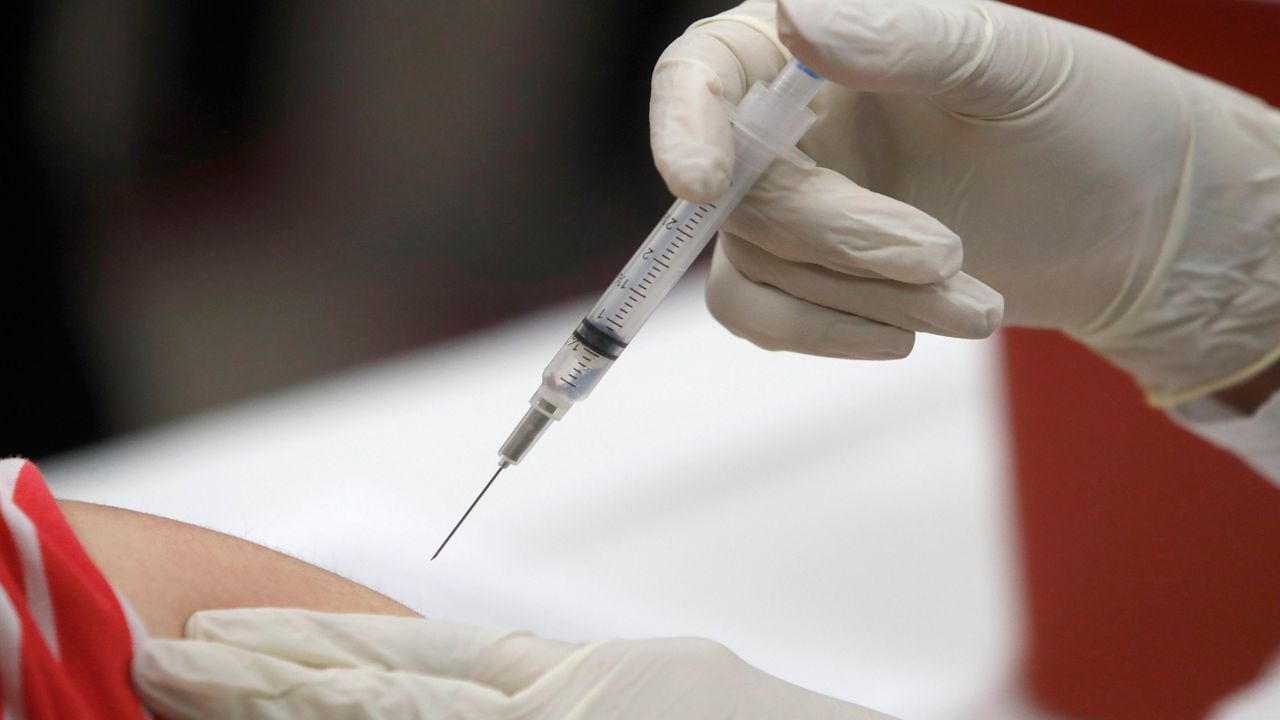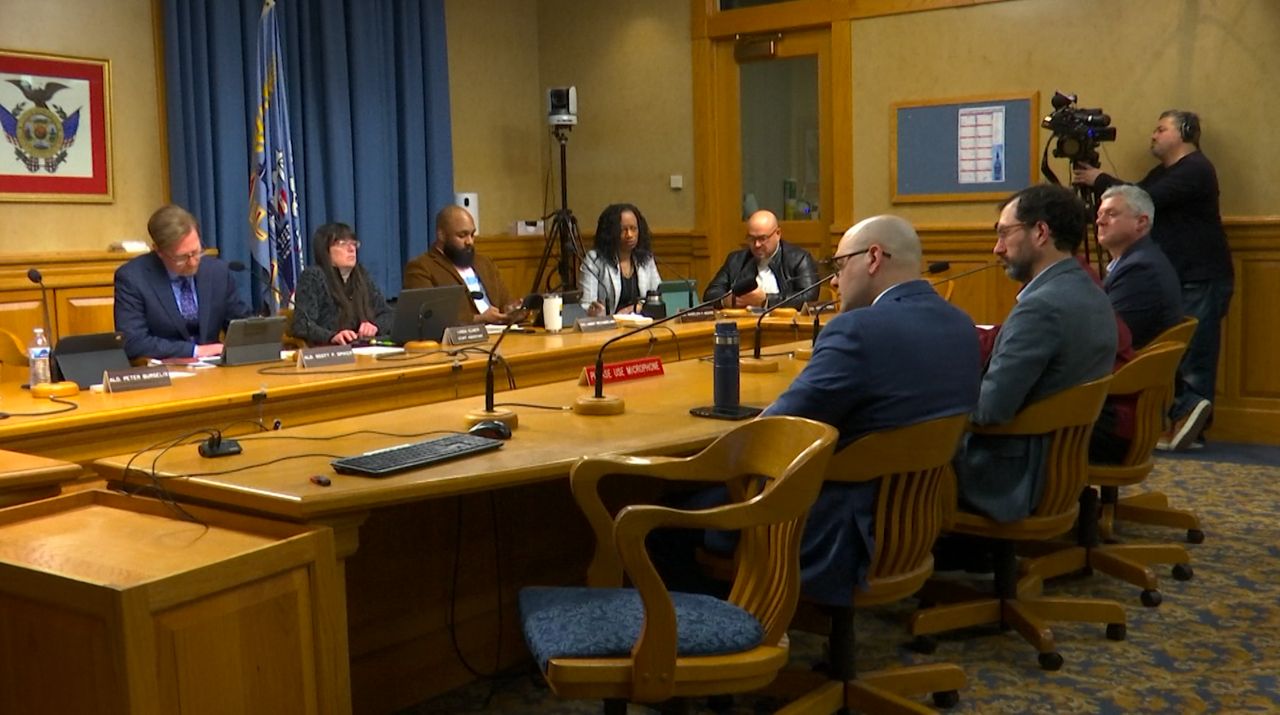WISCONSIN — Wisconsin has confirmed its first pediatric influenza-associated death of the season.
The Department of Health Services (DHS) said the death is one of 16 pediatric influenza-associated deaths nationwide in the 2024-2025 season.
Amid the first death, DHS encouraged everyone 6 months and older to get an influenza vaccination.
“We are saddened to announce the season’s first death of a child from the flu in Wisconsin, and our deepest sympathy goes out to this child’s family,” said State Health Officer Paula Tran in a press release. “Respiratory viruses remain a significant health concern, especially in children. If you or your loved ones have not received your flu or COVID-19 vaccine yet this season, it’s not too late. Vaccines are safe, effective and save lives.”
The concern for respiratory viruses comes at a time where respiratory illness in Wisconsin is high. Infants and young children have also seen an increased amount of emergency department visits due to flu and respiratory syncytial virus (RSV).
DHS said it encourages vaccinations for everyone, but especially for young children, older adults, people with chronic health conditions and those who are pregnant.
Vaccinations can help prevent getting ill and/or reduce the severity of complications if someone falls ill, DHS said. It emphasized that anyone six months and older should get vaccinated against the flu and COVID-19 following confirmation from a licensed health care provider.
One dose of RSV vaccines is also recommended for mothers 32 weeks and 36 weeks pregnant, administered September through January.
Adults aged 60-74 with an increased risk of RSV or adults 75 and older are also eligible for the RSV vaccine.
Here are some tips to stop the spread of germs and increase respiratory viruses:
- Wash hands often with soap and water for at least 20 seconds
- Avoid touching nose, eyes and mouth
- Stay home and avoid contact with others when feeling ill
- Avoid being around others who are sick or have flu symptoms
- Cover your nose and mouth when coughing or sneezing
- Where a mask around others to prevent the spread of respiratory illness
Wisconsinites can get vaccinated by contacting their primary care provider, local or Tribal health department, community clinic, or visiting vaccines.gov. They can also dial 211 or 877-947-2211 for help to schedule a vaccine appointment. People without health insurance or whose insurance doesn’t cover vaccines may get help through the Vaccines for Children program and Vaccines for Adults program.
For more up-to-date information on the current respiratory season, checkout the DHS Weekly Respiratory Report or the Respiratory Illness Activity webpage.










